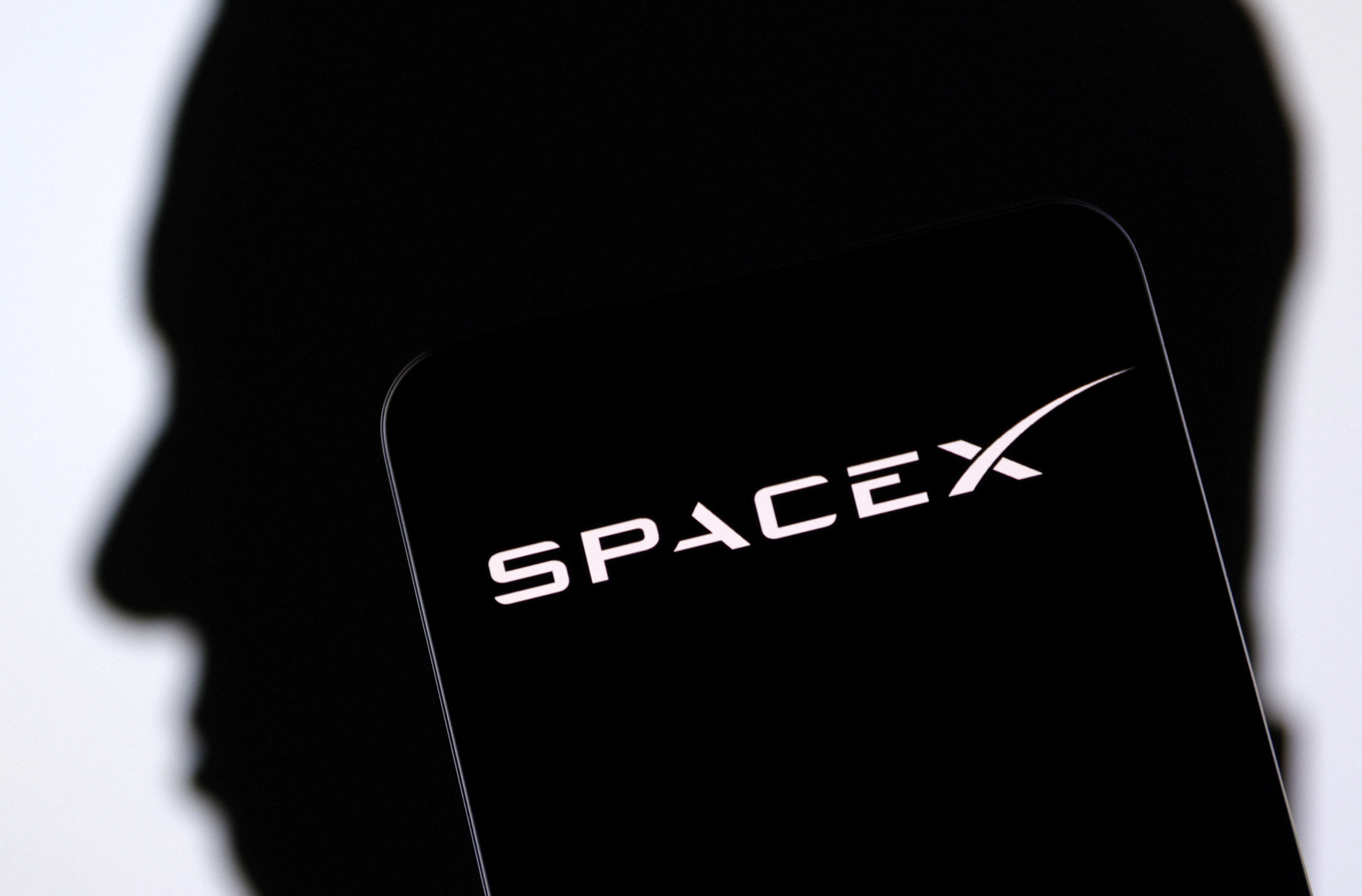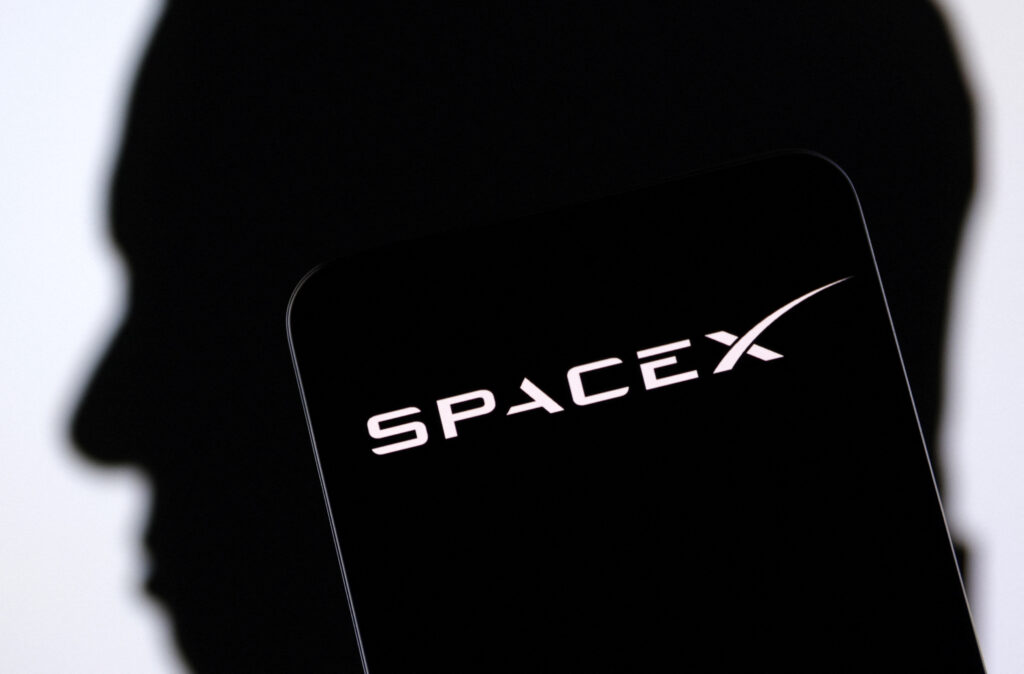
SpaceX logo and Elon Musk silhouette are seen in this illustration taken, December 19, 2022. REUTERS/Dado Ruvic/Illustration/File Photo Acquire Licensing Rights
Aug 25 (Reuters) – A new lawsuit accusing SpaceX of illegally refusing to hire asylum recipients and refugees could be an important test of the U.S. government’s stance that national security concerns do not allow companies to discriminate against non-citizens.
Elon Musk, CEO of the rocket and satellite company, said in response to the U.S. Department of Justice (DOJ) lawsuit filed on Thursday that hiring anyone besides U.S. citizens and green card holders would violate weapons trafficking laws.
His post on the messaging platform X, formerly known as Twitter, appears to conflict with specific guidance issued by the DOJ in April, which warned employers that invoking efforts to comply with export control laws would not excuse them from a law banning discrimination based on citizenship status.
A representative of SpaceX did not immediately respond to a request for comment on Friday.
Export control laws restrict companies from sharing sensitive information and technology with certain individuals from other countries.
The case against SpaceX appeared to be the first of its kind filed by the department since releasing the guidance, which is not legally binding but can be cited in court.
In April and May, DOJ announced settlements of similar claims with General Motors Co and an IT services firm, but the department had not sued those companies.
Rebecca Bernhard, a Minneapolis-based labor lawyer who represents companies, said employers subject to export control laws often ignore the ban on citizenship-based bias in the federal Immigration and Nationality Act (INA), exposing them to legal action.
“DOJ takes the anti-discrimination provisions of the INA very seriously, aggressively enforces them, and interprets the [export control] exceptions very narrowly,” Bernhard said.
In its lawsuit, the Justice Department argued that from 2018 to 2022, SpaceX in a series of job postings said it could only hire U.S. citizens and green card holders.
That discouraged aslyees and refugees from applying for jobs with the company, and those who did were rejected, the department alleged. Out of more than 10,000 hires, SpaceX only hired one asylee during that period, according to the lawsuit.
The lawsuit also cites public comments made by Musk and another SpaceX executive, such as a 2020 tweet by Musk that “U.S. law requires at least a green card to be hired at SpaceX, as rockets are advanced weapons technology.”
Musk on Thursday described the lawsuit as “weaponization of the DOJ for political purposes.” He said SpaceX had been told repeatedly that hiring non-citizens could be a criminal offense.
But in the April guidance, the Justice Department said the opposite – that export control laws do not implicate hiring or bar the employment of any “U.S. persons,” which the agency defined to include asylees and refugees because they are permitted to live and work in the United States.
Companies may need special permission from federal agencies to share export-controlled information with workers who are not U.S. persons, according to the guidance.
The DOJ did not directly cite its guidance in the SpaceX lawsuit, but used nearly identical language to describe the company’s alleged violations.
“Export control laws and regulations do not prohibit or restrict employers from hiring asylees and refugees; those laws treat asylees and refugees just like U.S. citizens,” the department said.
Reporting by Daniel Wiessner in Albany, New York; editing by Amy Stevens and Deepa Babington
: .


